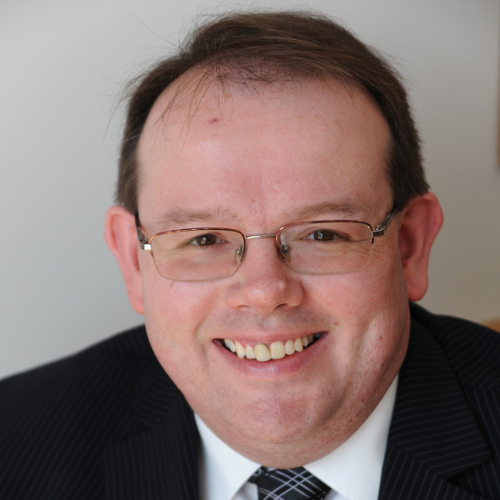How a Theatre Trip Provided my Pupils with a Truly Transformative Experience

There is more to our job than ensuring children leave our charge numerate, literate and scientific, says Jonathan Brough…
Just occasionally, something very special crops up in the middle of a teaching day; something completely unexpected. It proves to be so spectacular, so mind blowing, that it casts everything else into the shade and forms an immensely valuable reminder of the whole point of education.
Picture the scene: along with two colleagues, I had taken a group of Y6 pupils to London’s South Bank. The train journey had been surprisingly efficient so we had arrived rather early for the activity that we were going to undertake that afternoon.
We therefore stood in the shadow of Waterloo Bridge and talked about the bustling metropolis that is central London: what could we see, and what was hiding just around the riverbend?
Had the water that was flowing past us in the Thames also gone past our school buildings in Putney, and which of us had made the journey more quickly? Our discussion – one of those brilliantly spontaneous events – finally turned to the London Eye, rotating nearby in all its splendour.
Three hours later, we found ourselves standing in exactly the same spot. However, dusk had fallen and everything around us seemed eerily different. The London Eye was now enrobed in a rather regal crimson glow.
Nevertheless, that was not the reason why I was asked a question so profound, so significant, that it took my breath away and made me realise just what a valuable experience had been provided to the children that afternoon.
In all seriousness, and with a look on her face that could only have been the result of mass neuron-firing in an over-stimulated brain, a pupil turned to me and asked, “Is that still the London Eye, or are we somewhere else now?”
And, of course, she was standing in a different London than the city in which she had stood earlier – and not just because the night was drawing in. Fundamentally though, it was not the place that had changed; it was her.
The education (in the best, most holistic sense of the word) that she had just received had dramatically altered her world view, all within a timeframe of less than half a school day.
In a single afternoon, we had journeyed through space to the fields of the Western Front, and had travelled in time to 1914. In short, we had been to see the National Theatre’s 2018 revival of its fantastic dramatisation of Michael Morpurgo’s War Horse, following study of the text in class.
At one particularly poignant moment concerning an equine death, I turned to the row of children sitting to my left – actually to check that no one was in tears – and, quite literally, they were on the edge of their seats.
This is the seventh year in which I have worked with these children, and I have never seen them so entirely committed to anything.
Such concentration would have been enough in itself to make me realise the immense power of the activity, but their discussions immediately after the performance and back in school were also testimony to the truly transformative experience that they had undertaken.
Where did education lose its way in failing to provide such events on a regular basis, and why was I so surprised and delighted by the power of this particular excursion? Looking back on it, certain variables came into play:
- We had done our preparatory work: everyone had read Morpurgo’s War Horse and discussed it at length.
- This was a grown-up piece of drama in an adult theatre. The pupils felt empowered by being an audience member in their own right with their own ticket. For some of the children, this was a completely new experience.
- We had gone to enjoy ourselves: the point of the afternoon was to watch a play. No follow-up work had been made explicit at that point (and there was certainly no homework set afterwards!)
If we are to take a long, critical look at our role as educators, we need to realise that there is more to our job than ensuring children leave our charge numerate, literate and scientific.
There’s also more to it than ensuring that our school’s league table position satisfies the powers that be.
Rather, we need to ensure our children develop their essential humanity and appreciate the transformative beauty and power of the arts. One afternoon of the last is worth a term of the first.
Jonathan Brough is headteacher of Hurlingham School in Putney, London.












